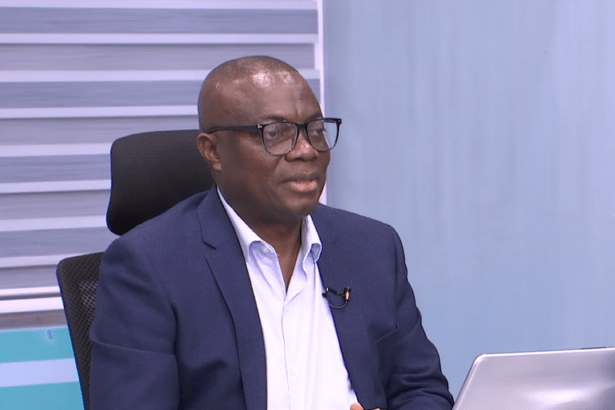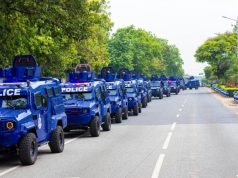Mussa Dankwah, Executive Director of Global InfoAnalytics, has called for high-profile corruption cases to be transferred to the Office of the Special Prosecutor (OSP) to ensure their continuity and independence, particularly in light of recent controversies surrounding the discontinuation of several high-profile prosecutions.
Dankwah’s remarks come as the Mahama administration faces criticism for dropping cases involving prominent figures, including former National Democratic Congress (NDC) officials.
In a Facebook post, Dankwah argued that entrusting the OSP with such cases would insulate them from political interference and ensure they proceed without accusations of bias or witch hunts. “The surest bet to ensure the continuation of prosecutions is to use the OSP,” he stated. “This will avoid accusations of political witch hunts since the OSP is a former government appointee and, secondly, ensure that prosecutions continue even if there is a change of government until we have an amended constitution.”
The call follows a series of high-profile case withdrawals by the Attorney General, Dominic Akuritinga Ayine, including the acquittal of former COCOBOD CEO Dr. Stephen Opuni and businessman Seidu Agongo, as well as the dismissal of charges against NDC figures Samuel Ofosu-Ampofo and Anthony Kwaku Boahen. Additionally, the Attorney General abandoned an appeal against the acquittal of former Minority Leader Dr. Cassiel Ato Forson and Richard Jakpa in a financial loss case. These decisions have fueled accusations of political favoritism, with critics alleging that the Mahama administration is acting as a “clearing agent” for its allies.
Dankwah’s proposal highlights a broader systemic issue: the dual role of the Attorney General as both legal advisor to the government and chief prosecutor. This overlap has long been criticized for creating conflicts of interest, as prosecutorial decisions can be influenced by political considerations. Dankwah emphasized that until the Attorney General’s role is separated from state prosecution, the OSP remains the most viable option for ensuring accountability and continuity in high-stakes cases.
The debate coincides with the submission of a report by the Operation Recover All Loots (ORAL) committee, which identified $21.19 billion in potential recoveries from looted state assets and undervalued land sales. ORAL Chairman Samuel Okudzeto Ablakwa urged the government to prioritize these recoveries, stating that successful efforts could eliminate the need for IMF support. President John Mahama, while receiving the report, vowed that Ghana would no longer be a “safe haven for corruption” and forwarded the findings to the Attorney General for action.
However, Dankwah cautioned that the ORAL cases could face the same fate as previous prosecutions if not handled independently. “These ORAL cases will travel beyond the four-year term, and there is a risk of nolle prosequi being filed in 2029 if the NDC does not win the 2028 elections,” he warned. By empowering the OSP, Dankwah believes the government can demonstrate its commitment to transparency and accountability while safeguarding the integrity of ongoing investigations.
As Ghana grapples with these challenges, Dankwah’s proposal underscores the urgent need for structural reforms to strengthen the country’s anti-corruption framework. Whether the government will heed his advice remains to be seen, but the debate has reignited calls for a more independent and resilient prosecutorial system capable of withstanding political pressures.
Send your news stories to newsghana101@gmail.com
Follow News Ghana on Google News













